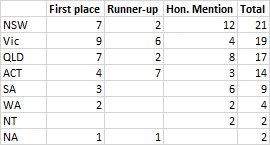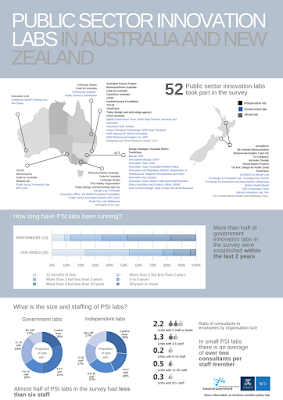Below is a blog post I have written for this event, capturing some of my thoughts & views about progress over this time.
Shedding our golden handcuffs
Australia’s governmental system was originally developed in the small island nation of England, 17,000km from where we stand today.It was architected by a group of less than 100 rich and powerful men to restrict the absolute power of Kings by limiting their ability to tax and granting certain powers to a small group of 26 rich unelected landholders.
Since the creation of that system, the Westminister system, there have been some transformational innovations, including the notion of elections and universal suffrage, the concept of a Constitution and universal human rights and the creation of political parties.
The system has also spread around the world from that tiny island in the North Sea, by war, invasion and treaty, evolving and mutating as it went.
But here lies the challenge before us today. This system was developed long before Europeans discovered Australia, as a power sharing arrangement for a wealthy and educated white male elite over uneducated peasants, serfs and slaves.
It was designed when horses were our fastest means of transport and communication, women had few rights and the First Nations of lands such as Australia were regarded as fauna and flora.
When we gathered for the original Gov 2.0 program in Australia we were looking at ways of leveraging emerging technologies and approaches enabled by digital technologies to improve how government operated in Australia.
The one test that matters, in my view, is whether government in Australia today is materially better for Australians than it was at that time in 2009.
Have we materially improved how Australians feel about their governments, their engagement and involvement in decision-making, the services they receive or made government significantly cheaper and more efficient in its operations without degrading its performance?
Have we supported the social compact between government and electorate, or reshaped it in a way that improves the outcomes for communities?
Have we broadened the group of people choosing to enter public life or significantly improved and streamlined the transparency with which government operates?
Are Australians better paid, healthier and happier than they were ten years ago?
Do we feel our government better represents the interests of all Australians?
Is our society freer from the risk of tyranny?
Or have we seen a slow and steady decline in our freedoms, the construction of one of the most sophisticated surveillance states in the world, a shrinking of the representation of our politicians and increasing battles to hold the line on services, freedoms and even representation, where a win is merely preserving the status quo?
Can you point at any community and say they are better off because of the actions government has taken due to the Gov 2.0 agenda in the last ten years?
Australians are very well off by global standards. For the most part we live long and healthy lives. We have enormous amounts of leisure time and an amazing environment in which to enjoy it.
We are masters of first world problems, complaining when our smartphones have only two bars, our houses only have three bedrooms, there are only 12 kinds of milk in our supermarkets and we have to wait a few minutes for a new movie to start on Netflix.
Well maybe our average broadband speeds, now ranked 64th in the world, is worth complaining about, at least to note that New Zealand’s average speed is 2.5 times faster than ours.
We credit our political system, at least in part to our success.
But what if it isn’t any more.
The Gov 2.0 agenda failed to deliver deep meaningful change in government because it became part of the system.
The methods and mediums involved in Gov 2.0 have been adopted and co-opted into the current governance system, driving incremental change in how services are designed, government communicates and policies are formed.
However the system itself remains unchanged. Massive bureaucratic hierarchies of predominantly career bureaucrats who live & work at arms length from the communities they serve. Atop sit politicians who are also predominantly career elites, their closest influencers sharing similar ideas and perspectives and their talent pools increasingly shallow as Australians opt out of ‘true belief’ for profitably pragmatism in the private sector. Choosing wealth over power and workplaces that are more equitable and less abusive.
The core of our system is increasingly isolated and out-of-touch as the recent battle over marriage equality and current linked battles over energy and climate change demonstrate. Political expediency and social well-being are less aligned than at any time in the last hundred years.
The major parties defend their positions, uniting monopolistically against innovations that would weak both their power, comfortable in a slow falling duopoly.
The net outcome is that the while some real evolution has occurred, it is trapped within the same frame and system.
Without revisiting that system, developed by a small group of wealthy men hundreds of years ago, or even revisiting the Australian Constitution, developed when Indigenous Australians and Torres Strait Islanders were still considered ‘flora and fauna’, women’s right to vote was still new and not fully supported, and the digital revolution was a hundred years away, we cannot systematically address the causes of the issues we face today and are simply building layer upon layer of band-aid on an increasingly rickety frame.













